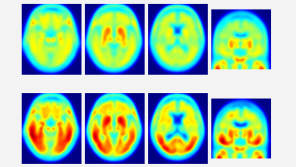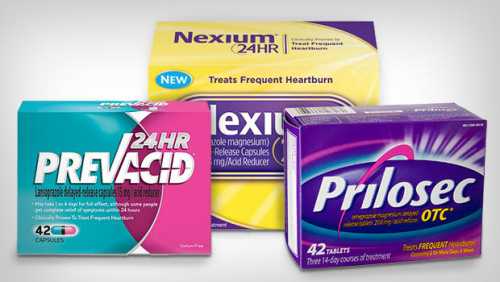Poor sleep, increased brain proteins, plaques and the link to Alzheimer's
One single night of interrupted sleep increases brain proteins which are believed to cause Alzheimer's disease, researches reported in a study published in the journal Brain Monday. Sleep helps the body clear away these compounds, amyloid and tau, while interrupting sleep may lead to a compound build-up.
"When people had their slow-wave sleep disrupted, their amyloid levels increased by about 10 percent," said Dr. Yo-El Ju of Washington University in St. Louis, who led the study.
(via "Here’s How Sleep Loss Can Affect Alzheimer’s", NBC News)
The study was small however, with 17 healthy adults.
"What we did was allow people to sleep a normal amount of time, but we prevented them from getting deep sleep or what is called slow-wave sleep," Ju told NBC News.
"When we interrupted just the slow-wave sleep part, they still had an increase in amyloid. So this tells us it's getting the deep slow-wave sleep that's important for reducing the levels of amyloid."
Amyloid increased faster in the body than tau:
"We were not surprised to find that tau levels didn't budge after just one night of disrupted sleep while amyloid levels did, because amyloid levels normally change more quickly than tau levels," Ju said. "But we could see, when the participants had several bad nights in a row at home, that their tau levels had risen."
...
Studies in mice show it takes only an excess of about 10 percent of amyloid to cause amyloid plaques to form.
"Tau protein—not amyloid—may be key driver of Alzheimer’s symptoms" (May 11, 2016):
The more tau deposits found in the temporal lobe, a brain region associated with memory, the more likely a person was to show deficits on a battery of memory and attention tests"
Many other studies have linked poor sleep with early onset dementia and Alzheimer's. Last week a study was published in the journal Neurology that also found that levels of amyloid increased with poor sleep. That study involved 101 participants, (mean age 62.9 ± 6.2 years, 65.3% female), who were cognitively normal (so did not show signs of the disease).
Related: "Sleep Apnea May Speed Memory Loss, Alzheimer’s Onset: Study" (April 16, 2015)
Besides getting a good night sleep, to prevent dementia it is advised that exercise, a healthy diet, "brain training" - keeping the brain working, and controlling blood pressure can help.



 Report a concern
Report a concern

 Add Comment
Add Comment



